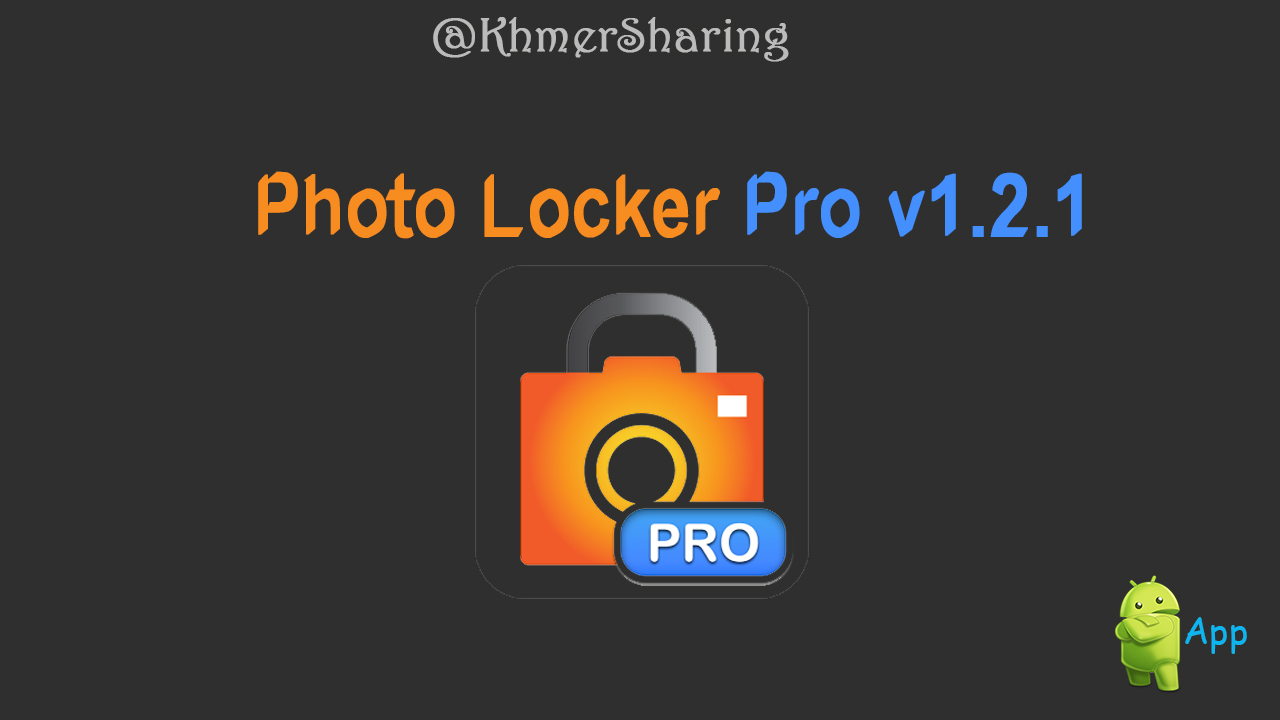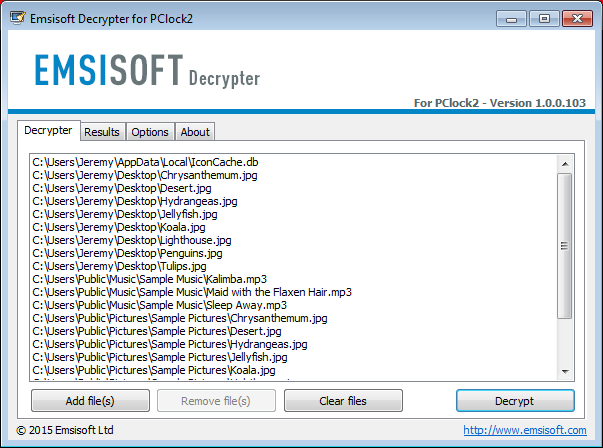
But I looked recently and was amazed/horrified how much legitimate email was in there, including a friend's birthday event invitation that I would otherwise have missed.Ģ0% of what is in my "Spam" folder today is what I'd call "spam" in the classical 90s/2000s-internet sense. I'd gotten out of the habit of checking my Spam folder, having trusted Gmail to get it "correct enough" for years. In other words, Google knows that e-mail operators who are using blacklists have to pretty much whitelist Gmail servers, and so it doesn't care about blacklists.

Google: Hahaha say bye bye to more than half your contacts, then! Small fry: OK, that does it, I shall not receive Gmail! It's almost as if that operator were blacklisting itself. Anyone actually blocking Gmail machines is essentially just cutting themselves off from a huge e-mail communication hub. If a Google machine gets listed in these databases, Google doesn't have to care. It's a dire situation to which they have to respond. If a small-time domain's machine gets listed in some DNS black-hole lists or other dynamic anti-spam databases, they have to care, or they don't get to send mail.

Unlike some small-time mail domain, they do not feel any risk that, if they don't take action to combat spam, they will be blocked as a whole. Plus, Google knows that Gmail is so huge, that nobody can just block all of Gmail. Google doesn't care if is getting Gmail spam, because that's an outside entity whose existence does not benefit Google. neither customers of Google, nor targets of its advertising, nor sources of personal information. Probably a whole lot of dont-give-a-darn-about-e-mail, because it's not new and sexy, and likely doesn't drive revenue.Īlso, the people who suffer from gmail spam are often non-users of gmail. I wonder what is going on over at Google


 0 kommentar(er)
0 kommentar(er)
